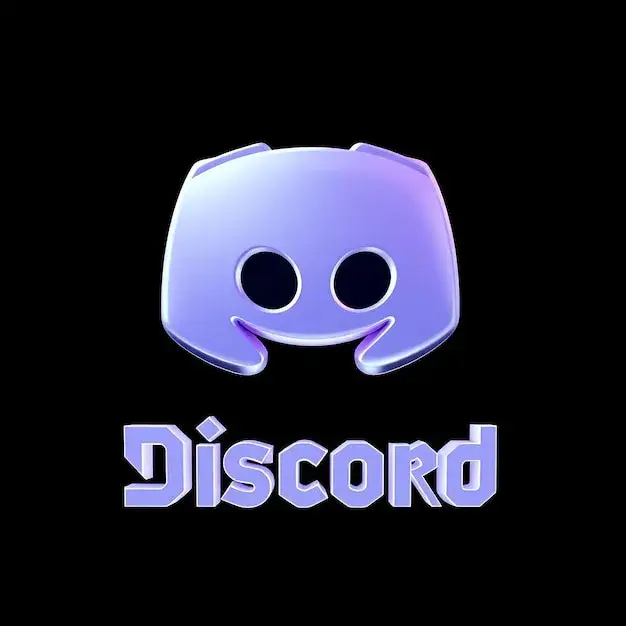-
Discord
Introduction To Discord

Discord is a robust communication platform that has evolved far beyond its original purpose of serving gamers. Launched in 2015, Discord initially targeted the gaming community, providing a space where gamers could connect via text, voice, and video. However, its versatile and user-friendly interface soon attracted a much broader audience. Today, Discord is used by a wide range of communities, including businesses, educational groups, creators, hobbyists, and professional teams, offering a flexible environment for communication and collaboration. Its combination of high-quality voice communication, file sharing, and text channels makes it ideal for various use cases.
At its core, Discord allows users to create and join servers—virtual spaces where people can gather based on shared interests or goals. Each server can contain multiple channels, which are further divided into text and voice channels. These channels allow for structured conversations and collaboration, helping users to stay organized and engaged. Whether you’re participating in a small private server with friends or a large public server with thousands of members, Discord offers tools to maintain control and keep conversations flowing smoothly.
One of the platform’s standout features is its ability to support voice and video chat with low latency, which has made it incredibly popular among gamers who rely on real-time communication. But it’s not just about gaming. For instance, educators use Discord for remote classrooms, where they can organize different subject channels and provide live video lectures. Content creators often use it to build and interact with their communities, hosting Q&A sessions or streaming events in dedicated voice channels. Businesses also take advantage of Discord’s collaborative environment to conduct virtual meetings, share documents, and manage projects within private servers.
Discord’s appeal lies in its flexibility. Whether you need a simple text-based chat for small group discussions or a more complex setup with voice, video, and multiple organized channels, Discord adapts to suit your needs. For instance, its powerful role-based permission system allows server administrators to designate who has access to certain channels or functions, making it easy to manage large groups or projects. This flexibility has transformed Discord from a niche product into a mainstream tool used by millions around the world.
The platform’s bot integration capabilities further expand its utility. Bots on Discord can automate tasks like moderating conversations, providing entertainment (such as music or trivia), or delivering important updates from external websites. For instance, businesses can use bots to track performance metrics or automate customer support, while gamers might use bots to set up game lobbies or track in-game statistics. These bots can be easily added to servers to enhance functionality, making Discord a customizable hub for any type of community.
Lastly, Discord offers cross-platform functionality, meaning users can access their servers and communicate seamlessly across various devices. Whether you’re on a desktop, mobile phone, or web browser, Discord syncs your conversations, allowing for continuous connectivity. This makes it easy to stay engaged with your community wherever you are, ensuring that you never miss important updates or conversations. Overall, Discord is more than just a communication tool—it’s a platform for building and fostering communities, making it an indispensable resource in today’s digital age.